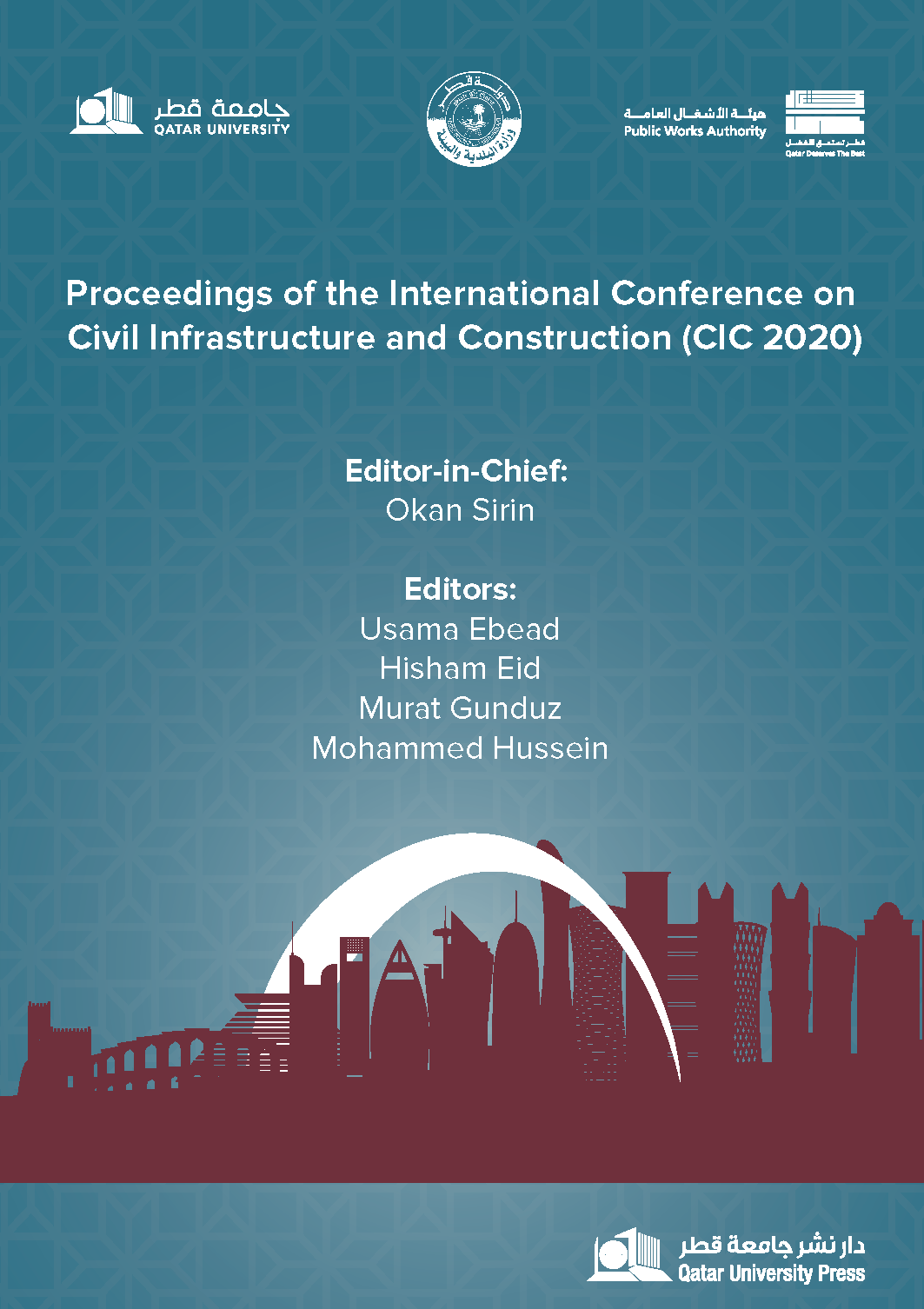Effective Project Control within the Context of Lean Construction
Abstract
Two of the “Lean Thinking” principles relate to managing a project through relationships, shared knowledge and common goals and to removing waste where possible. Success of a project is only possible with the collaboration of all project participants and stakeholders throughout the entire project life cycle. Collaboration starting at the early stages of the project enables the project participants not only deliver what the owner wants, but also allows them to provide advice and help shape expectations throughout the project. In the age of technology, too much unfiltered data and information are produced quickly, making it a challenge to determine what is significant and what is not. As Project Controls is an important element of “Lean Construction” philosophy, it should be subjected to similar scrutiny to explore opportunities for improvement and for minimizing the waste. This paper will discuss how utilizing both the old and new ideas and methodologies such as the Critical Path Method (CPM), Pareto Principle and Last Planner System® (LPS) will help project managers adopt a balanced approach in selecting the optimal processes, methodologies and tools for meaningful project planning, progress monitoring and communicating the right amount of information on a timely basis.
##plugins.themes.bootstrap3.article.details##
Keywords
Lean thinkingDelayPareto principleWaste
References
How to Cite
Koluksuz, A. F. (2020). Effective Project Control within the Context of Lean Construction. Proceedings of the International Conference on Civil Infrastructure and Construction (CIC), 2020(1), 172–177. https://doi.org/10.29117/cic.2020.0023
Issue
Section
Theme 1: Construction Management and Process


